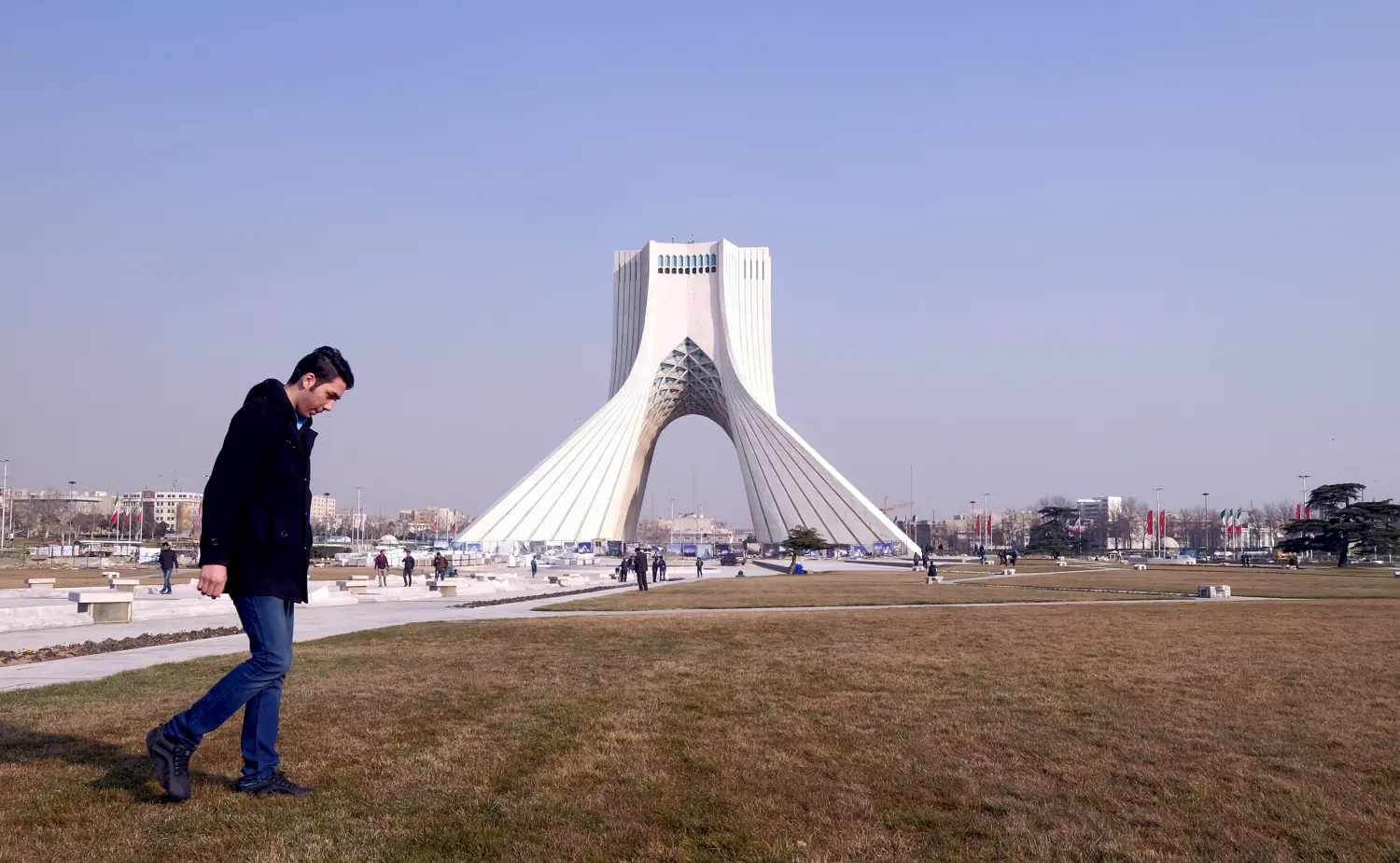Content from the Brookings Doha Center is now archived. In September 2021, after 14 years of impactful partnership, Brookings and the Brookings Doha Center announced that they were ending their affiliation. The Brookings Doha Center is now the Middle East Council on Global Affairs, a separate public policy institution based in Qatar.
In these policy recommendations, Ali Fathollah-Nejad discusses the different ways Western actors can engage in foreign cultural relations with Iran while keeping in mind the plurality of Iranian society. Excerpted from the author’s study entitled “Iran and the West after the Nuclear Deal: Potential and Challenges for Cultural and Academic Relations,” prepared for the Institute for International Cultural Relations (ifa) in Germany. These recommendations originally appeared in Iran-Reader 2017 of the Konrad Adenauer Foundation.
Due to limitations to the freedom of expression, cultural initiatives need to be scrutinized on a case-by-case basis to reduce the risks for those involved
In the Islamic Republic of Iran (IRI), culture operates between a repressive and restrictive state and societal actors are constantly (re-)negotiating the space available for cultural activities. In that volatile situation, every cultural initiative needs careful scrutiny on a case-by-case basis to reduce risks for those involved, which of course requires more resources, namely consulting independent experts.
The working groups’ conclusion was that it is very difficult – both pre- and post-nuclear deal – to engage in cultural and academic cooperation with the IRI. There are minefields that need to be considered: red lines set by the regime (as in the case of certain topics such as human rights), and everything that “sounds political” (even in the academic field). Therefore, taking small steps is much better than big projects that and are unlikely to be recognized.
Involve the plurality of Iranian society and its “great diversity of knowledge” through a dual-track approach
Given the limitations imposed by the state regarding the involvement of the plurality of Iranian society, a civil society bottom-up approach should be prioritized over a state-regulated top-down culture. So far, Western institutions have primarily relied on the Iranian state to obtain permission to initiate cultural projects. Whereas, such an approach seems to provide more security for all involved, it nevertheless has significant downsides, as truly independent cultural and educational actors are thus sidelined to the benefit of those collaborating with the state. In order to create the space for that, a dual-track approach might be adopted. This would embrace cooperation with state-sanctioned projects (to create confidence) as well as with independent artists and academics (to explore the diversity in Iranian society). Therefore, cultural and academic relations with Iran must carefully manage the balancing act between engaging the “great diversity of knowledge” within Iran’s pluralistic society and not falling into the trap of promoting “authoritarian stability” through projects favoring state-affiliated groups rather than civil society.
Facilitate society-to-society exchanges
There is a plethora of German and Iranian civil-society activities that deserve more attention in the effort to engage with the greatest possible spectrum existing in both societies. A venue for such endeavors would be ifa’s CrossCulture internship program (CCP) that should increasingly focus on involving less privileged and marginalized groups from Iran. Society-to-society exchanges should involve students, women, trade unionists, writers and media workers who could be brought to Germany where they can elaborate on their thoughts in an atmosphere that is free of fear.
Massive international attention on the nature of cultural activities with the IRI
The nature of cultural relations with Iran is being closely observed by Iranian intellectuals and the large Iranian diaspora, many of whom are critical of the Islamic Republic and support Iranian civil society’s efforts towards democratization. If Western policy does not take that into account, a blowback in the form of reputation damage to Western actors can be expected.
Academic exchange: Focus on the social sciences
Given the tremendous deficits within the social sciences in Iran due to the authoritarian environment within which they have to operate, academic exchange especially in this very area becomes important. As a starting point, academic exchange should center on the notion of “critique” – an indispensable condition for any social scientific investigation.
Bridge the capital city-provinces and rich-poor divides
As a centralized state, the center of Iranian cultural life is in the capital city of Tehran where almost one-seventh of the population lives. There is an enormous social gap between Tehran’s northern and southern districts. Moreover, it is desirable to initiate projects in other cities in order to exploit the cultural, ethnic and religious diversity of Iran. Isfahan with its religious diversity, for instance, could be a site for interreligious dialogue.
Address topics relevant to the present and future of Iranian and German societies alike
Given current circumstances in both countries, such projects could address the notion of “identity” (used in the singular) in a critical investigation – both with regard to an alleged German or Iranian (single) identity. Instead, the concept of identity should be understood as an inherently diverse phenomenon. Also, one could invoke both countries’ experiences with war (albeit on the part of different generations) and address them, in collaboration with state-funded bodies like the Tehran Peace Museum but also with grassroots organizations concerned with the topic of war and peace. In addition to that, they could initiate and institutionalize dialogues involving intellectuals and academic institutions on both sides on issues pertaining to philosophy and the humanities and the social sciences, as an attempt to provide answers to both domestic and global challenges.
The Brookings Institution is committed to quality, independence, and impact.
We are supported by a diverse array of funders. In line with our values and policies, each Brookings publication represents the sole views of its author(s).



